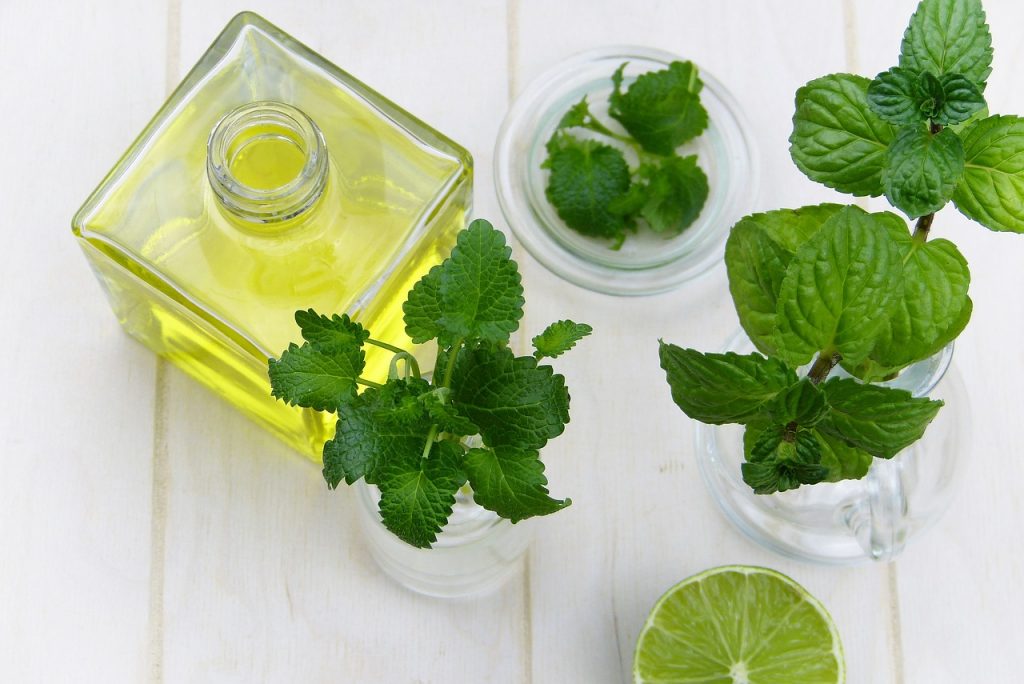The Power of Peppermint Oil
Peppermint oil is often used in aromatherapy or the use of essential oils to support health. Studies show that peppermint oil may help improve memory and raise alertness, and alleviate pain and nausea. The oil has also: antiviral, antimicrobial, antifungal, analgesic, radioprotective, anti-edema and antioxidant capability. Studies show the peppermint oil may help improve memory […]
The Power of Peppermint Oil Read More »


